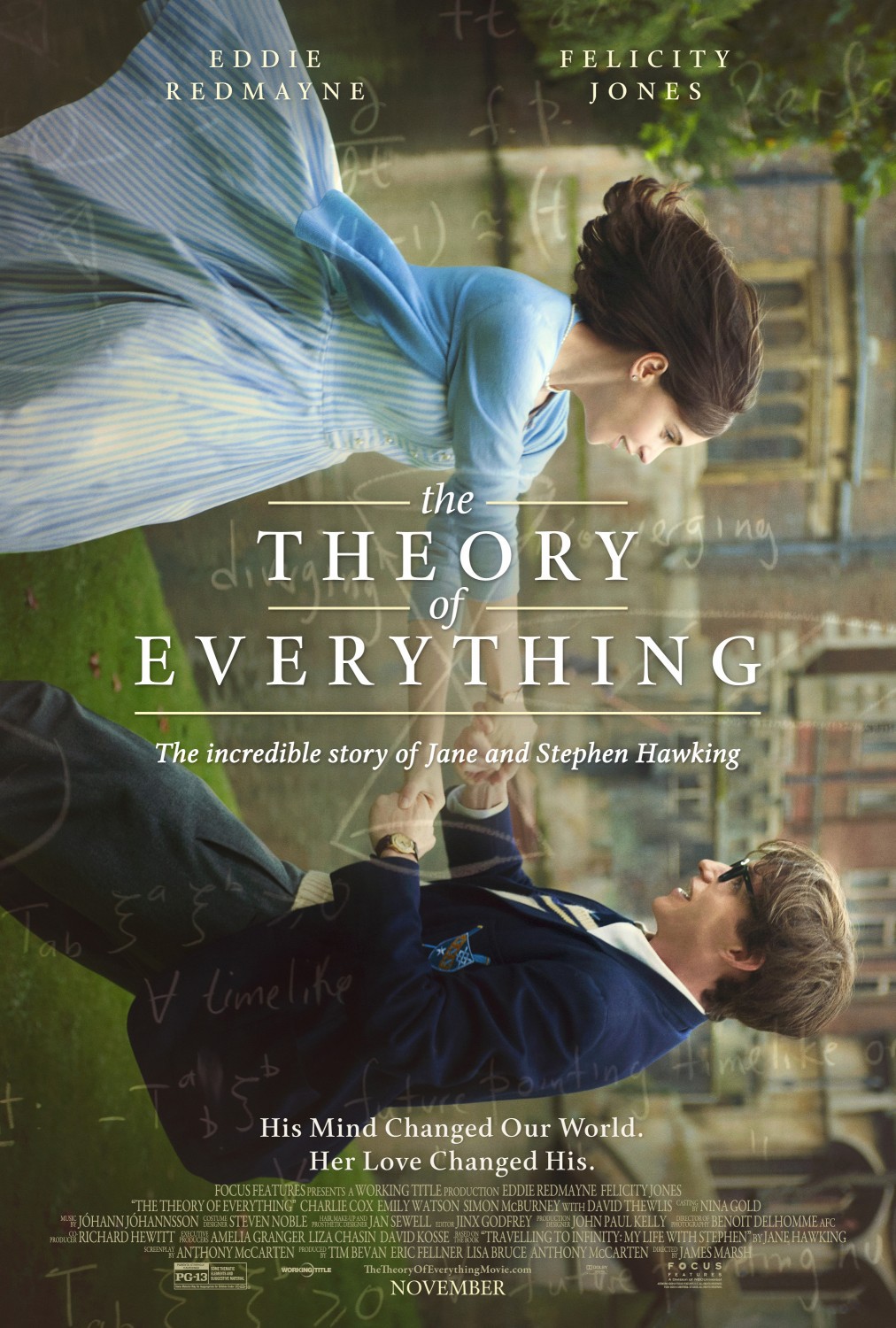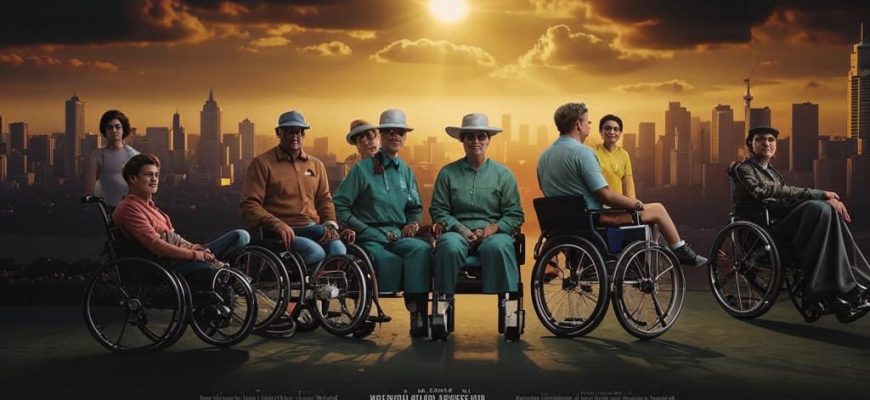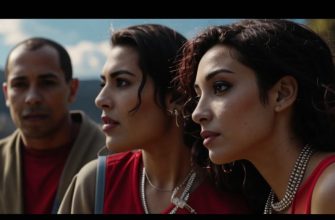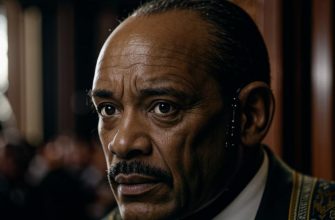Films about disability
Films about disability explore the experiences, challenges, and triumphs of individuals living with physical, mental, or emotional disabilities. These films can raise awareness, foster understanding, and inspire empathy among audiences. Themes commonly explored in these films include accessibility, discrimination, independence, and personal growth. They often address societal perceptions of disability and push for a broader dialogue about inclusion and equality.
“Children of a Lesser God”, 1986
Director: Randa Haines

This romantic drama centers around the complex relationship between a hearing speech teacher and a deaf janitor at a school for the deaf. It highlights themes of communication barriers and insights into the deaf community.
Starring: William Hurt, Marlee Matlin, Piper Laurie, Philip Bosco, Allison Gompf, John F. Cleary, Philip Holmes, Georgia Ann Cline, William D. Byrd, Frank Carter Jr.;
Production year: 1986;
Genre: drama, melodrama;
MPAA rating: r;
Duration: 119 min.;
Rating: IMDB: 7,2;
More information about the film “Children of a Lesser God” on the website imdb.com
“Rain Man”, 1988
Director: Barry Levinson

This film tells the story of an abrasive, selfish young wheeler-dealer who discovers that his estranged brother, an autistic savant, has inherited the bulk of their father's estate. They embark on a cross-country journey that changes both their lives.
Starring: Dustin Hoffman, Tom Cruise, Valeria Golino, Gerald R. Molen, Jack Murdock, Michael D. Roberts, Ralph Seymour, Lucinda Jenney, Bonnie Hunt, Kim Robillard;
Production year: 1988;
Genre: drama;
MPAA rating: r;
Duration: 133 min.;
Rating: IMDB: 8;
More information about the film “Rain Man” on the website imdb.com
“The Theory of Everything”, 2014
Director: James Marsh

A biographical drama about Stephen Hawking, focusing on his early years as a PhD student at Cambridge, his diagnosis with motor neuron disease, and his successes in physics, all while his physical capabilities diminish.
Starring: Eddie Redmayne, Felicity Jones, Charlie Cox, David Thewlis, Emily Watson, Maxine Peake, Simon McBurney, Abigail Cruttenden, Harry Lloyd, Michael Marcus Morgan;
Production year: 2014;
Genre: biography, melodrama, drama;
MPAA rating: pg13;
Duration: 123 min.;
Rating: IMDB: 7,7;
More information about the film “The Theory of Everything” on the website imdb.com
“A Beautiful Mind”, 2001
Director: Ron Howard

A dramatized portrayal of the life of Nobel Prize-winning mathematician John Nash. It delves into his pioneering work in game theory, his struggles with schizophrenia, and his eventual triumph over the disease.
Starring: Russell Crowe, Ed Harris, Jennifer Connelly, Christopher Plummer, Paul Bettany, Adam Goldberg, Josh Lucas, Anthony Rapp, Jason Gray-Stanford, Judd Hirsch;
Production year: 2001;
Genre: biography, drama, melodrama;
MPAA rating: pg13;
Duration: 135 min.;
Rating: IMDB: 8,2;
More information about the film “A Beautiful Mind” on the website imdb.com
“Me Before You”, 2016
Director: Thea Sharrock

A romantic drama in which a quirky young woman becomes a caregiver to a wealthy young banker left paralyzed from an accident. The film explores their evolving relationship and the life affirming choices they make.
Starring: Emilia Clarke, Sam Claflin, Janet McTeer, Charles Dance, Brendan Coyle, Jenna Coleman, Matthew Lewis, Ben Lloyd-Hughes, Vanessa Kirby, Stephen Peacocke;
Production year: 2016;
Genre: drama, melodrama;
MPAA rating: pg13;
Duration: 110 min.;
Rating: IMDB: 7,4;
More information about the film “Me Before You” on the website imdb.com
These films not only entertain but also serve as important tools for advocacy and change by providing insights into the lives of people with disabilities. Whether based on real-life stories or fictional narratives, they highlight the importance of representation and understanding in media.
In conclusion, films about disability serve as powerful narratives that shed light on the lived experiences of individuals with disabilities, while also challenging societal perceptions and stereotypes. By portraying diverse stories of resilience, struggle, and triumph, these films not only provide representation but also foster understanding and empathy among audiences. As filmmakers continue to explore this important subject with authenticity and sensitivity, cinema remains a crucial medium for amplifying the voices of the disabled community and advocating for inclusivity and equality in all aspects of life.









